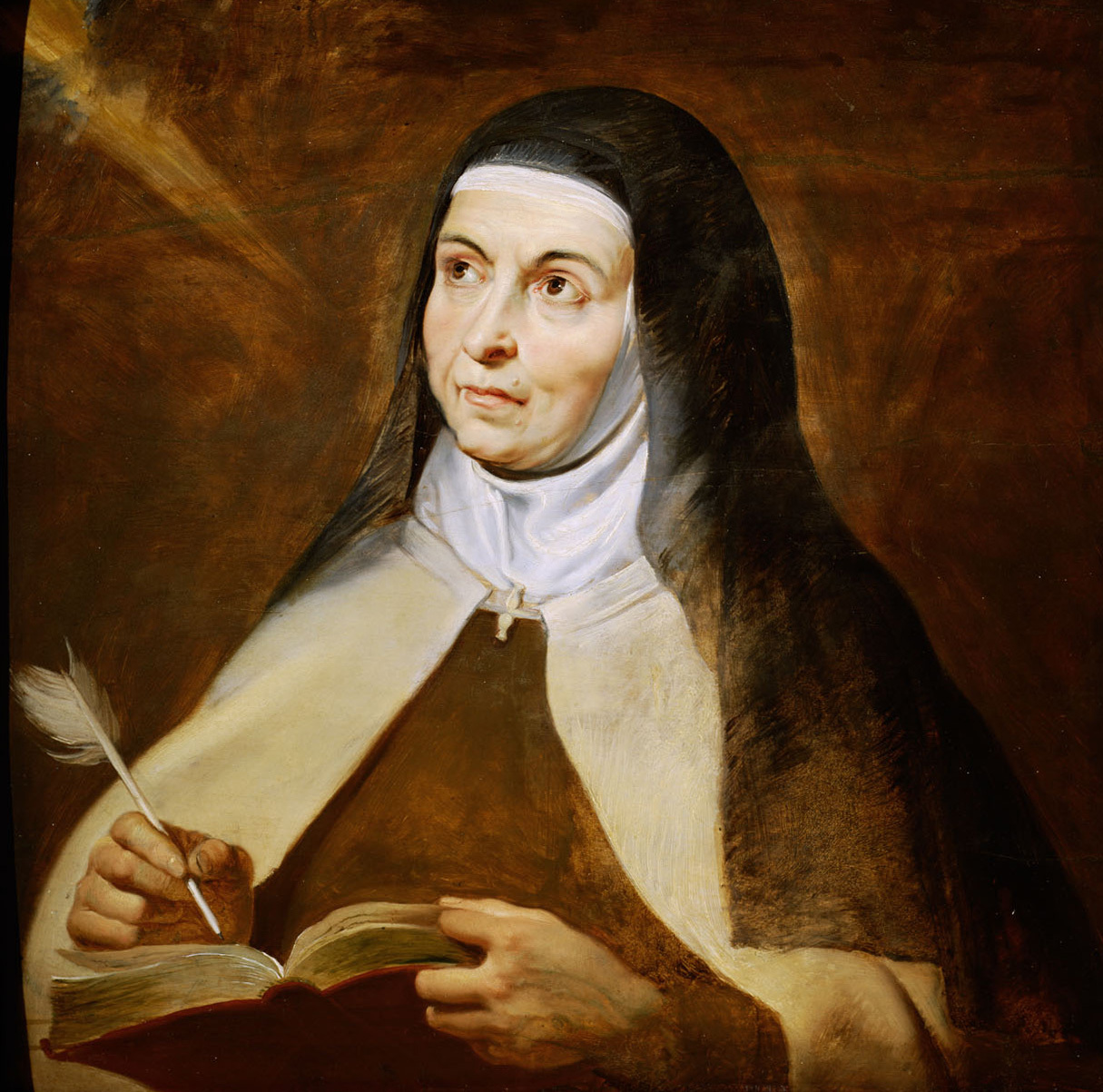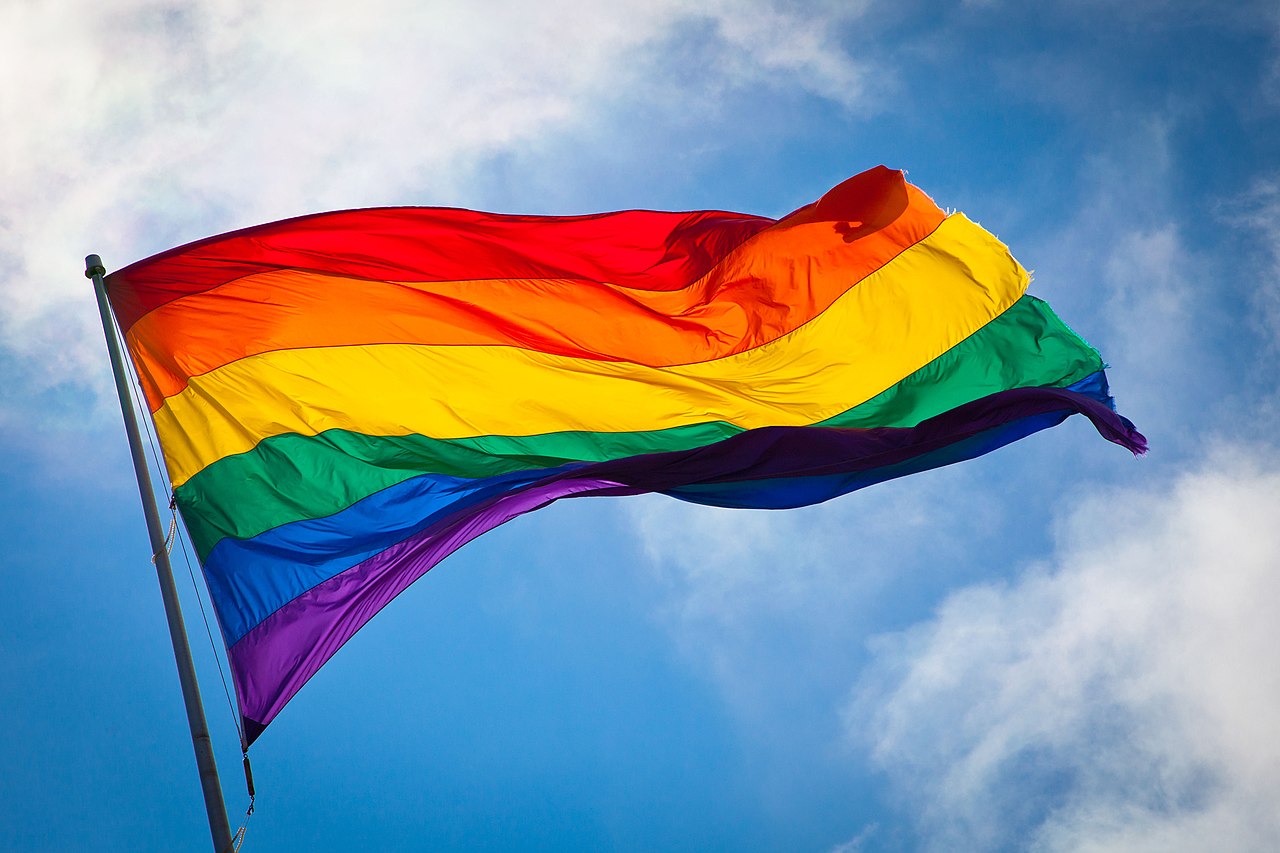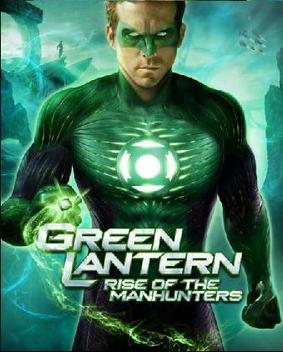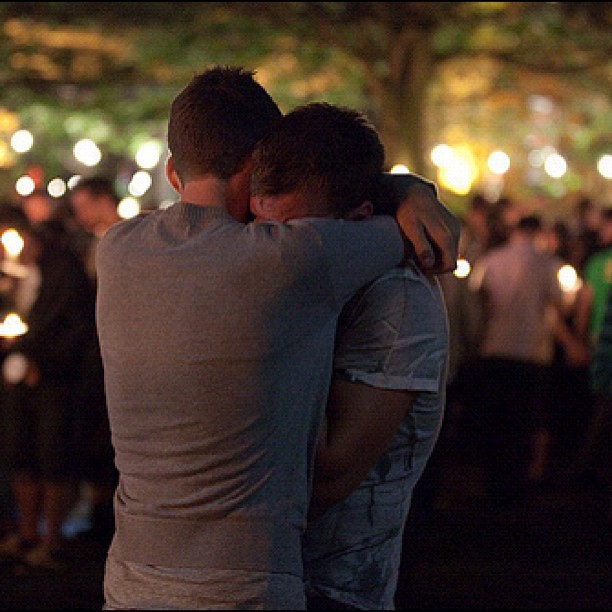We don't know each other, of course, Father, but -- as a homosexual Catholic -- I wanted to reply to your recent post on the Synod's language about welcoming us. I have a good deal to say, so rather than hogging your combox, I decided to post it here. (Naturally, if anything I've written shows that I have misunderstood what you had to say there, I earnestly solicit correction.)
I think I can agree with you that welcome is sort of a hard word to define. It can be in the "I know it when I see it" category. But I think a decent working definition could be something like: making it plain to people that they are loved and valued in church, and, in fact, welcome to show up and be a part of the community.
Note that I have said nothing about participation in the sacraments. That, for theological reasons, isn't a question of welcome. Whereas every human person is, or ought to be, welcome in church.
Starting from there, I begin by taking issue with your assertion that welcoming a gay activist can only follow on their repudiation of gay activism. It is not necessary for a person to agree with you to show them love; nor, if they do disagree, can the only love shown to them be trying to get them to abandon their present convictions. If only for the sake of evangelical effectiveness, you have to earn the right to persuade people to change from one set of beliefs to another. Martin Luther King said with great wisdom that "Whom you would change you must first love, and they must know that you love them" (emphasis mine). That means putting a premium on showing love in a way that makes sense to them; otherwise the rest of your love, however sincere, won't reach them.
After all, why should it? Because you're right? I never heard of anyone realizing that someone loved them because he troubled to explain how wrong they were.
That doesn't mean you never do so; and as a priest, that duty impinges upon you specially. But it does mean that the explanation won't do anything until you are personally credible to the person you are talking to -- especially when you are asking that person to surrender, not just a political stance, but (from their perspective) the whole prospect of happiness with a partner, something that you aren't risking. The point is not that your teaching is somehow hypocritical because of that; of course that isn't true; but that, as I've said elsewhere, a truth that costs us nothing will always feel like a counterfeit to the people who have to pay for it. And it will continue looking like a counterfeit until and unless they can see that it costs you something to show love to them.
But the problem is a more extensive one than that. Not only will people not credit your truth unless they see your love first, they won't give you a chance to show your love if you sound like you're hostile or ignorant or both.
As to hostility, Father, I don't believe for one moment that you mean to be hostile to people like me. But I would point out that, at the end of your post, you state flat-out that these calls for welcome are a duplicitous cover for heresy. Speaking as someone who fully accepts Catholic teaching on sexuality, yet does often feel cold-shouldered by the Church and uncertain of her attitude toward me, that's pretty hard to take. Nor, in my opinion, is it fair. Assuming the worst even about intellectual opponents seems to me to be a violation of charity, which hopes all things; to say nothing of assuming the worst about people who, at the very least, profess to be fellow Catholic Christians.
I'd point out, too, that the definitions you make of the terms homosexual and gay come across as polemical. Again, I don't believe this was intentional, and it can't be denied that the definitions you give are things that we need words for. But the brute fact is that the definition you give for homosexual -- i.e., someone who is interested erotically in their own sex, irrespective of actual behavior -- is what most people mean by the word gay, including most self-identified LGBT people. The only people that I see use gay in the sense you use it are Catholics who are speaking against the LGBT movement. This isn't so important in itself, of course; but I don't think it's going too far to say that insisting on defining a term that applies to other people in a substantially different sense than they do is rude.
Turning to the difficulty of ignorance, I hope I'm not being rude, but I couldn't help but stare with incredulity at your confident assertions that people like me receive a full range of pastoral care. You say that you "can't imagine homosexuals experience such exclusion." Imagine it. Or if you can't, reflect on how I felt when the sexton at my parish made a sneering reference to faggots, or when two friends of mine were slandered in their presence to their priest, or when I was warned by a friend not to talk to our pastor about a fully chaste relationship I was in. Or consider Cardinal Burke's advice that people in sexually active gay relationships should be shunned by their families, to set a good example for the children -- the good example being, I suppose, that some sins are too bad for your family to go on loving you.
I'm happy to say that I have lived a life comparatively free of homophobic harassment (with the notable exception of my own comments section here), though the same cannot be said of many of my friends, whether Catholic, Protestant, or Orthodox. Prejudice and even frank savagery are not unknown among us -- if you're skeptical, try reading the combox of this article I wrote for Crisis back in January.
But even aside from that, the available ministries to people like us are, in point of fact, extremely limited. The only apostolate with the Church's full endorsement is Courage, which is bitterly hostile to the LGBT movement (understandably perhaps, but good luck evangelizing them on that basis) and has no paradigm for dealing with homosexual attractions except that of addiction -- to say nothing of its ties to the often-abusive and discredited ex-gay world. Even as an orthodox Catholic, I'm not specially eager to touch Courage with a ten-foot pole, because I don't think I would be welcomed there; and even if I would, it's so secretive -- thanks, in part, to its opposition to coming out of the closet -- that it's hard even to find a chapter. When I was in college at the University of Maryland, and willing to try just about anything, the closest chapter I ever heard of was in Virginia.
If Courage is not what you meant by "a range of caring, open-ended and intelligent approaches to welcome and help homosexual people," then I genuinely don't know what you mean. Frankly, after six years as a Catholic, the most I've come to hope for from the Church is to be left alone, and, without her help, simply to confide in and rely on those trustworthy and supportive friends whom I have been able to find on my own. Of whom, among Catholics, there are few.
And that is a great anguish to me, for two reasons. One is the more selfish reason that, when so much of my support comes from people outside the Catholic Church, it confronts me continually with the fact of Christian disunity, which I find hard to bear at the best of times, and severely limits what we can share spiritually. But the more important reason is that most people will not enter the Catholic Church, nor remain in her, if they don't feel support from fellow Catholics. And I think that, in the LGBT world, where so many of us have been deeply wounded by Christians of every stripe, this is doubly true.
I don't mean to be rude or insolent, Father, and I hope I haven't been. But I'm bitterly tired. I'm tired of the assumptions that I'm a liar and a secret heretic. I'm tired of Catholics treating LGBT people as the enemy, and then being indignant when LGBT people respond in kind. I'm tired of people assuming that I'm a slut and a pedophile simply because I happen to be attracted to men rather than women. I'm tired of being told that if I feel hurt, it's because I'm in sin, or even that I don't really feel hurt and am just making things up. I'm tired of being treated like a mascot. I'm tired of being told I shouldn't be honest about my attractions because it scandalizes people -- never mind the LGBT people who are scandalized (i.e., driven further away from God) by that. I'm tired of being lonely in my second-rate attempts at celibacy, and not being able to understand why.
I think that is all I have to say. Of your charity, pray for me.










